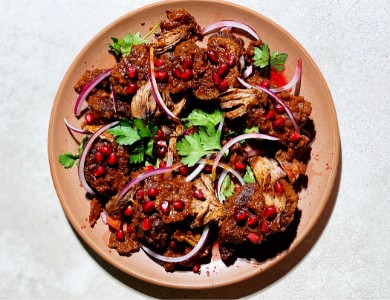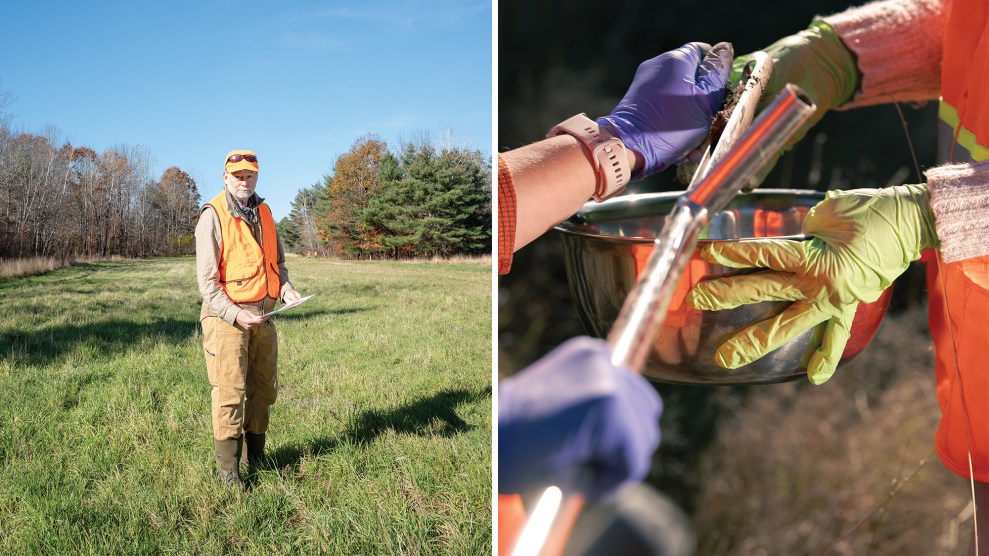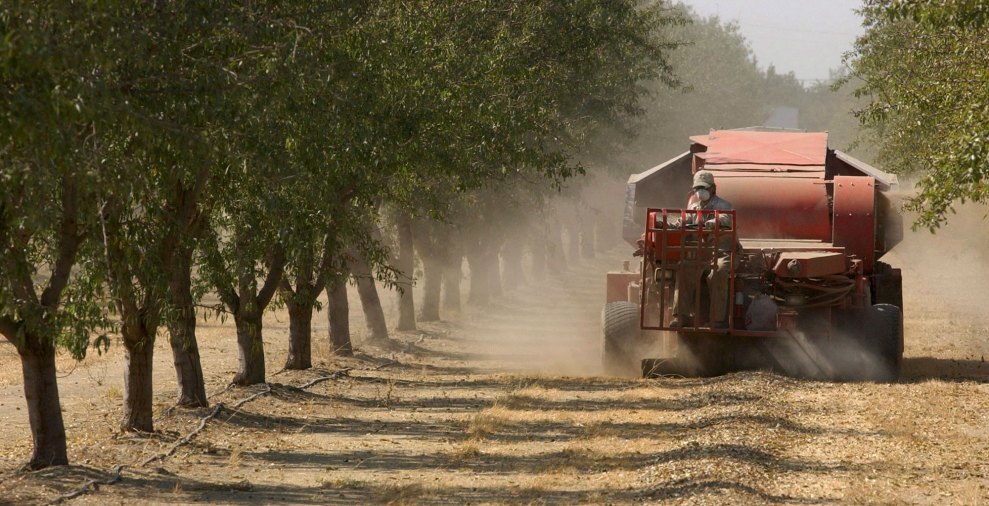
Kiano Moju / Jikoni
Ever since she was a young girl feeding her mother her Easy-Bake Oven creations, Kiano Moju has loved to experiment with food and create her own recipes. She’s since acquired a much bigger platform for her work, first as a producer for BuzzFeed’s viral cooking vertical Tasty, and now with her own venture, Jikoni. The brand, which means “kitchen” in Swahili, is a manifestation of all of Moju’s passions: It’s a physical studio decked out to produce professional food videos, a website where users can submit their own recipes, and above all a gathering space to share and celebrate the food of the African diaspora.
When she first started producing recipe videos, Moju was dismayed to learn that the same pernicious forces of racism and white supremacy that exist elsewhere in food media were just as strong in the arena of viral videos. “It happened the day my first video was published,” Moju told me. “I’m looking through the comments for feedback, and I was absolutely gutted at the stuff I was reading. People were pissed off, angry, not wanting to see brown hands, Black hands, in a video.”
With the founding of her own production studio, Moju is no longer asking for a seat at the table, but instead building her own—and filling it with delicious recipes like the one below. Moju’s cooking is informed by her “Afri-Cali” upbringing. She’s the American child of immigrants from Kenya and Nigeria, and spent summers learning from her grandparents on their traditional Maasai ranch in Sultan Hamud, Kenya. With Jikoni, she wanted to create space to document and share recipes that reflect the diversity of food from the African continent—a sorely missing perspective from the overwhelmingly white food media industry.
Check out Moju’s recipe for Berbere Short Ribs below. A standout meat dish, she says, is the centerpiece of any family meal in a Maasai household. She loves to prepare beef using berbere, a spice blend from Kenya’s neighbor country, Ethiopia. Berbere appears in many of Ethiopia’s dishes, including Doro Wot, the country’s national dish. Beef short ribs are braised in a berbere spice-laced sauce, cooked until tender, but still hold some structure (“mush-meat,” Moju says, is a big no-no in her family).
While you’re cooking, listen to the latest episode of Bite, where I talk to Kiano about her experience as a pioneering Black woman in new food media, and get her take on the viral cake meme.
Berbere Braised Short Ribs
Prep Time: 30 min
Cook Time: 2hr 30 min
Total Time: 3hrs
Serves 4–6
Ingredients
2-3 tablespoons vegetable oil
2 pounds boneless short rib or chuck, cut into 2″ chunks
2 medium red onions, small dice
3 tablespoons ghee or butter
4 garlic cloves, sliced
1″ piece ginger, minced
1 1/2 tablespoon berbere spice (available at most grocery and specialty spice shops)
2 tablespoons tomato paste
2 cups beef stock
Kosher salt, to taste
Black pepper, to taste
Garnish
1/4 cup pomegranate seeds
a handful of cilantro leaves
1/4 of a red onion, sliced
Instructions
1. Season beef generously with salt and pepper on all sides.
2. Heat the oil in a large pan over medium-high heat. Working in batches, sear the beef on all sides. Set browned beef on a plate to rest.
3. Lower the heat to medium. To the same pan add the red onions, cooking until soft and a dark brown. This will take 15-20 minutes, be sure to stir occasionally to prevent onions from burning.
4. Add in the ghee, garlic, ginger, tomato paste, and berbere spice. Cook for 2 minutes until garlic is fragrant
5. Stir in the beef stock. Bring the sauce to a simmer and return the beef to the pan. Reduce the heat to a medium-low and partially cover with a lid. Cook for 2-3 hours stirring occasionally to keep sauce from burning and beef easily breaks apart with two forks. Serve with the pomegranate seeds, cilantro leaves and red onion slices to garnish.












